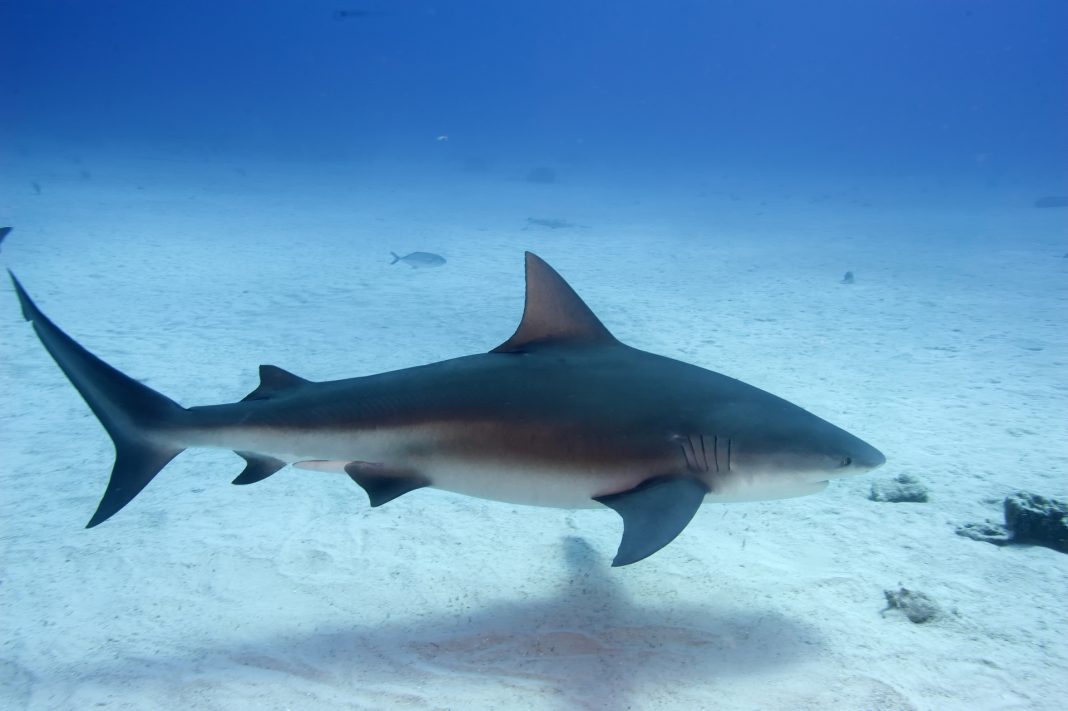Sharks eat fish. People eat fish. What happens when sharks and people want the same fish?
The shark wins and it is called shark depredation (shark partially or completely consumes fish caught by fishing gear before the fish can be retrieved).
Shark depredation is now considered a significant issue in Australian fisheries, including the Great Barrier Reef.
For the first time, the Queensland Department of Agriculture and Fisheries is researching shark depredation.
A series of workshops with the major stakeholders has just been completed.
The information gathered will direct future research that may help mitigate the problem.
However, the problem is very complex and a feasible solution will be hard to come by.
The workshops did highlight the scope of the problem, which impacts commercial fishers, charter boat operators and recreational fishers, causing economic losses and catch reductions.
The workshops also highlighted the need for serious research focusing on shark behaviour and the health of shark populations.
The big question that needs to be answered: Are shark numbers increasing, or are sharks getting smarter?
There seems to be little doubt that sharks are getting smarter and are now associating boats with a free feed.
One must also consider the potential decline in their prey species.
In other words, our fishing behaviour has changed the shark’s fishing behaviour.
But in terms of shark abundance, we do not really have very good long-term data sets to look at the abundance of sharks.
A big part of the problem is that there are at least 12 shark species involved in depredation, some quite abundant and some far from healthy.
What we do know about sharks is that they are one of the most imperilled groups of fishes globally and are cornerstone apex predators that are absolutely critical to maintaining the health and resilience of marine ecosystems, particularly in a complex ecosystem like the Great Barrier Reef.
We need sharks. Culling is not an option.
Some mitigation measures suggested at the workshops included using technological deterrents (e.g. electronic, magnetic, and acoustic devices), moving fishing spots to areas where sharks are less likely to be present, and using specialised fishing gear.
Perhaps changing our behaviour will be a more effective solution than changing the shark’s behaviour.
Contributed by the Whitsunday Conservation Council.






